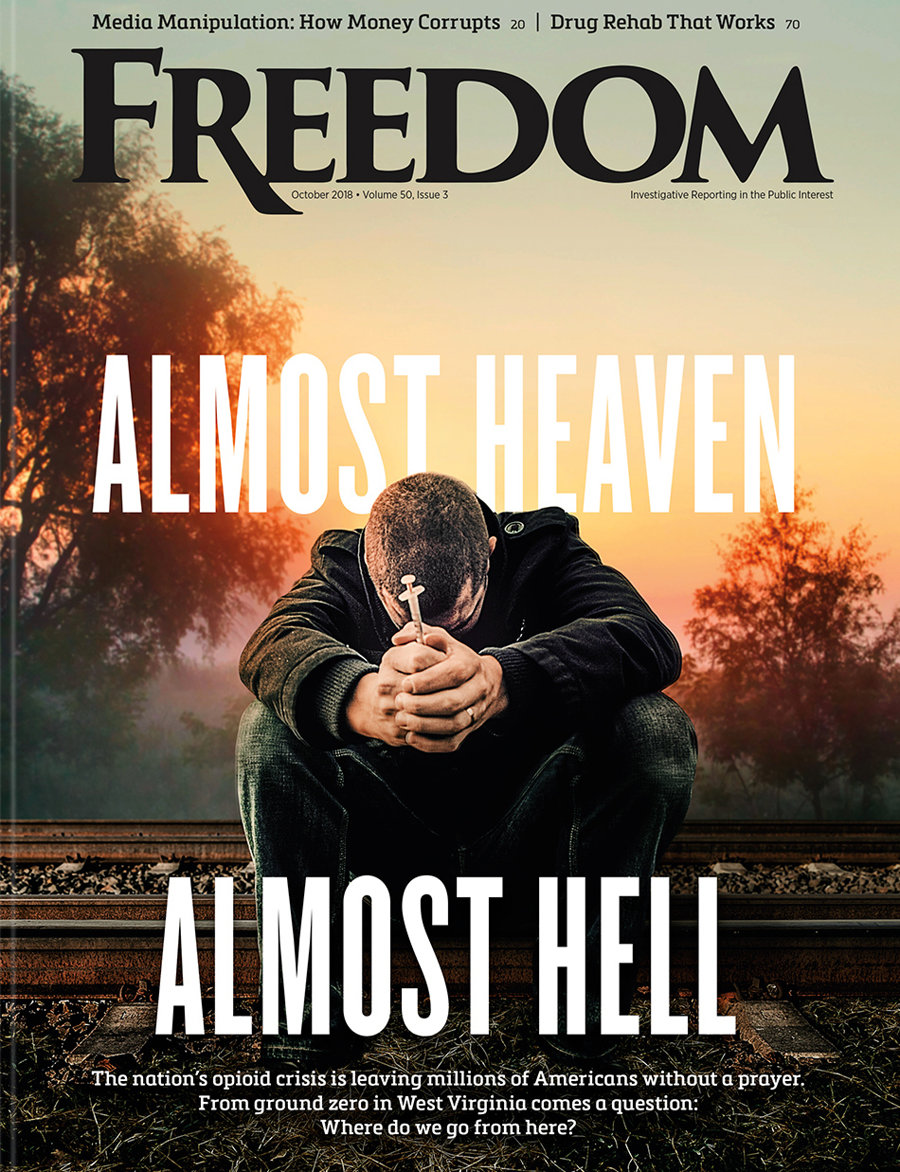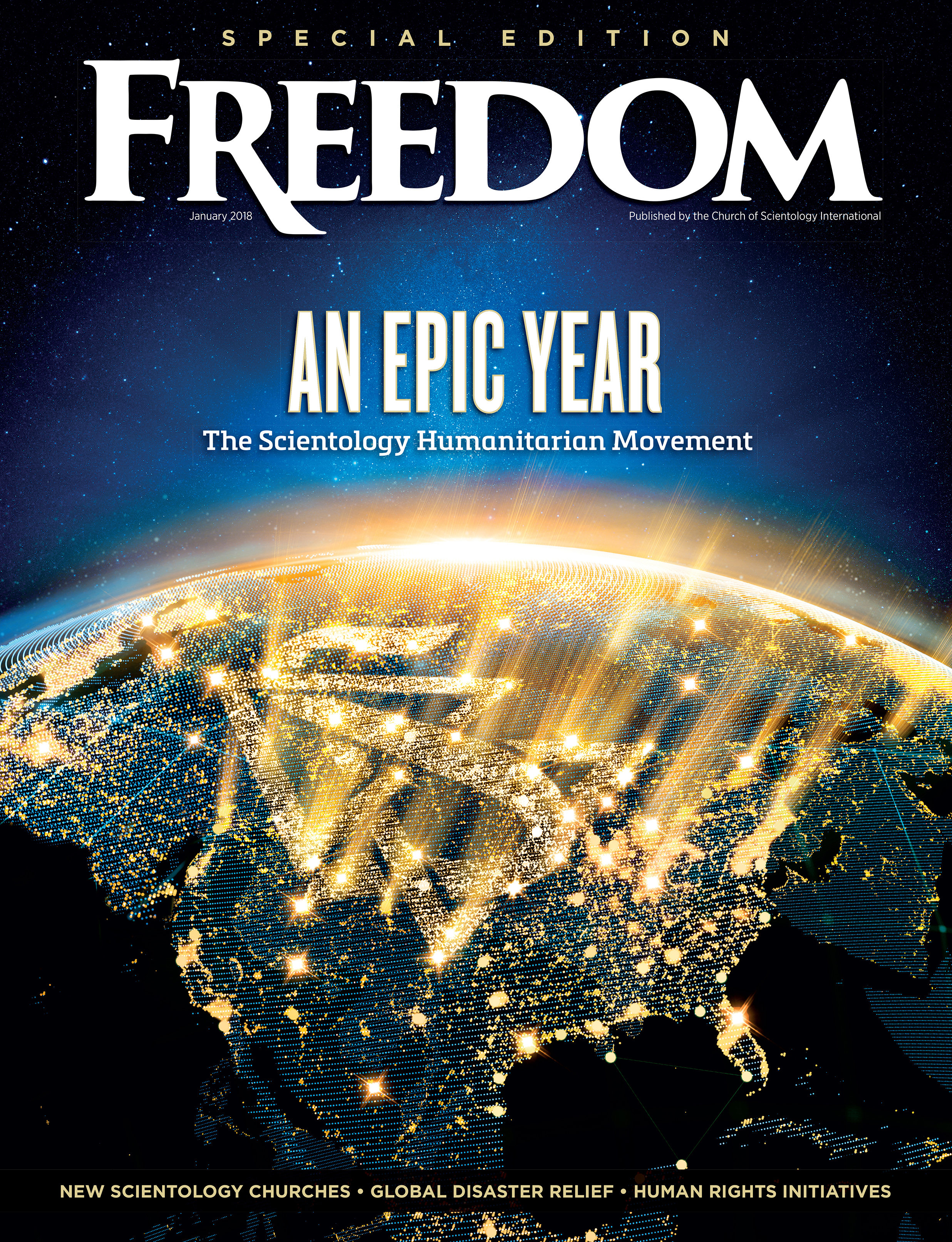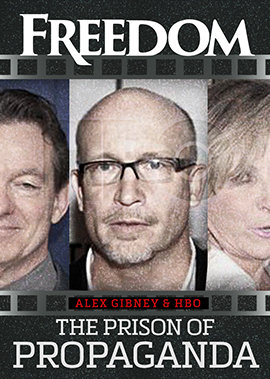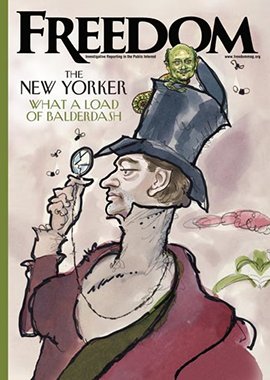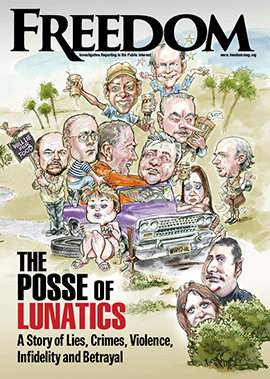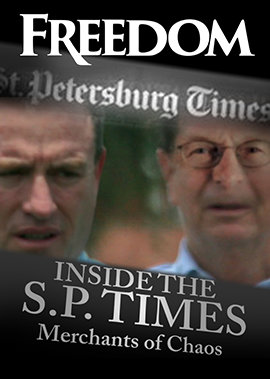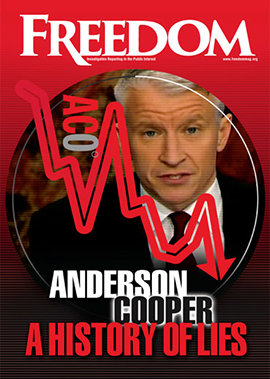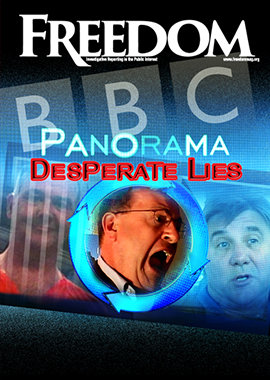Joel Hodge, a theology lecturer at Australian Catholic University, explained that the itinerary was of great importance to the Pope, despite the challenges it presented, given the 87-year-old pontiff’s frail health. “Part of Pope Francis’ vision is to make the shift to really emphasize the global nature of the Church,” he said.
Just how Francis emphasized the global—and embracive—nature of the Church, came as a surprise to many when, in Indonesia, he proclaimed, “We are all brothers and sisters. All pilgrims, all on our way to God, beyond what differentiates us.”
The Pontiff was not only addressing Catholics, who make up a mere 3 percent of Indonesia, but a montage of faiths of which Islam is the dominant majority.
The Pope carried forward his public commitment to interreligious respect and cooperation when he toured Southeast Asia’s largest mosque with Grand Imam Nasaruddin Umar. After signing a pact with the Muslim leader concerning climate change and religious extremism, the Pope kissed the grand imam’s hand in a gesture of religious harmony.
The Muslim leader then returned the gesture, leaning over to kiss the seated Pope’s head in farewell.
“All religions are a path to God.”
Despite Indonesia’s constitutional mandate of religious tolerance, there are still instances of exclusion and abuse of religious freedom in the country. “We live a happy Catholic life in Indonesia,” said Saddam Husein Pareto, “but there is sometimes discrimination when we go out to Mass and go to pray.”
It was this abuse and suspicion among faiths that the Pope made it his business to stamp out. And as a physical representation of how Islam and Catholicism can live side by side in harmony, he praised the Tunnel of Friendship, which connects the mosque to the nearby St. Mary of the Assumption Cathedral and symbolizes what is possible when mutual respect replaces mutual distrust.
Francis was even more assertive about peace and respect among religions at his final stop, Singapore, where he addressed an interreligious meeting with students at a Catholic junior college.
Departing from his script, he told the gathered youth to be courageous and to engage—not fear—dialogue across faiths. “Interreligious dialogue is built on respect for others. This is very important,” he said. “All religions are a path to God. They are like different languages in order to arrive at God, but God is God for all.”
The Pope’s remarks appear to have riled up the more conservative elements of the faith, who believe his statements imply Christ is not the lone savior of the world.
But one may gently suggest they don’t understand what the Pope is trying to do.
“Seeking to undermine or attack the religious faith and beliefs of another has always been a short road to trouble,” Scientology Founder L. Ron Hubbard wrote.
That “short road to trouble” has been the expedient route used by too many for far too long. By taking the road of interfaith respect and cooperation, Pope Francis is setting a standard for other faiths.
Earlier this year, he responded passionately to a letter signed by 400 Jewish scholars and rabbis requesting the Catholic Church’s solidarity at a time of skyrocketing antisemitism.
In reply, he wrote: “The path that the Church has undertaken with you, the ancient people of the covenant, rejects every form of anti-Judaism and antisemitism, unequivocally condemning manifestations of hatred toward Jews and Judaism as a sin against God.”
The Bible tells us that Jesus, a Jew raised under that same ancient covenant, was a carpenter. Pope Francis, as Christ’s emissary on Earth, has made it clear he, too, has taken up that trade, mending breaches and building bridges between faiths.
“I want you to know that you are close to my heart and to the heart of the Church,” the Pope told the Jewish scholars and clergy in his letter. “I embrace each of you.”






